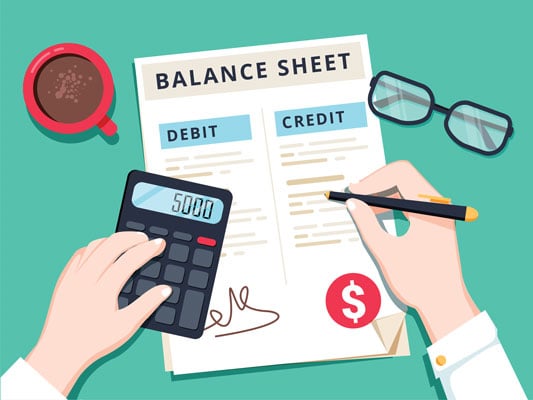No matter how much you know about making financial statements or bookkeeping, you still need to have bookkeepers especially if your business is progressing.
Owning a business is not a simple thing to do. There are many concerns and aspects of the business that you need to look into. The most important thing is for you to generate profit.
Virtual bookkeeping allows an accountant or online bookkeeper to provide accounting services for a client remotely.

This means more promotion or more rapport with the customers. However, you can not deny the fact that bookkeeping is also important. But since you only have one body, you need to delegate the tasks.
When you delegate the task for bookkeeping, your options are to hire an in-house bookkeeper, employ a freelance bookkeeper, or outsource the bookkeeping duties.
Usually, when you are faced with these options the first thing that comes in mind is the bookkeeping rate. Each option has a different bookkeeping rate.
As a businessman, you would think of how much to save in bookkeeping rate since anyway this is only a secondary concern compared to generating sales. But since it’s important to delegate the task you need to know as much as possible how much should you be spending on this.
Evaluating the Bookkeeping Rate
Usually, a bookkeeper rate for a freelance bookkeeper can range from $15 to a $100 per hour. In the same way, the bookkeeper that you hire in-house would also have another rate plus all other benefits that you need to give. The outsourcing bookkeeper also has a different bookkeeping rate depending on how much workload is assigned to him.
